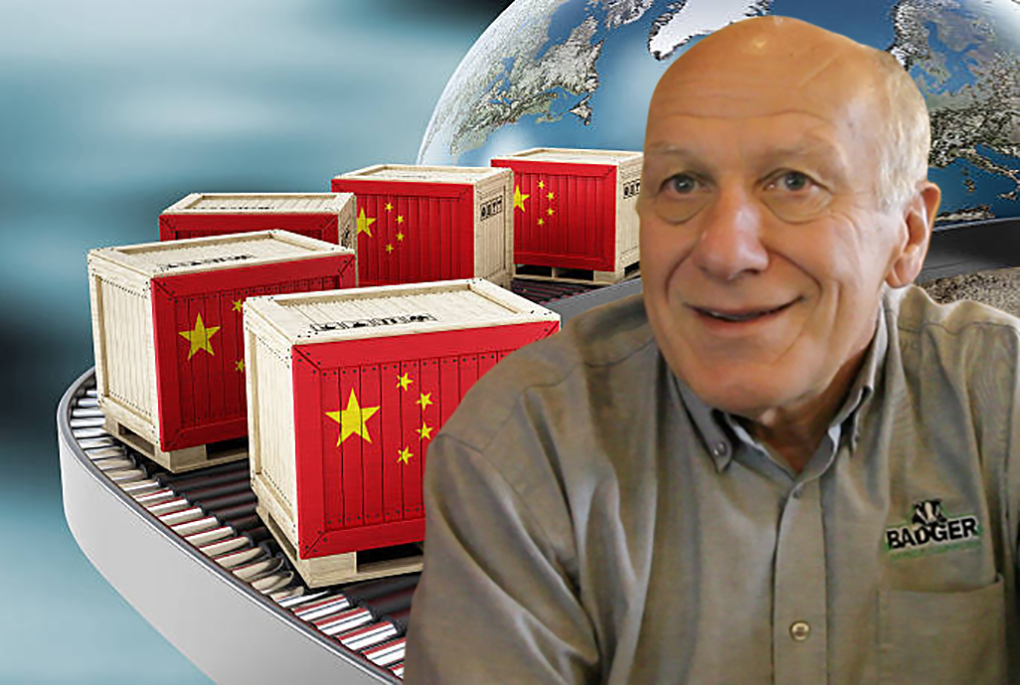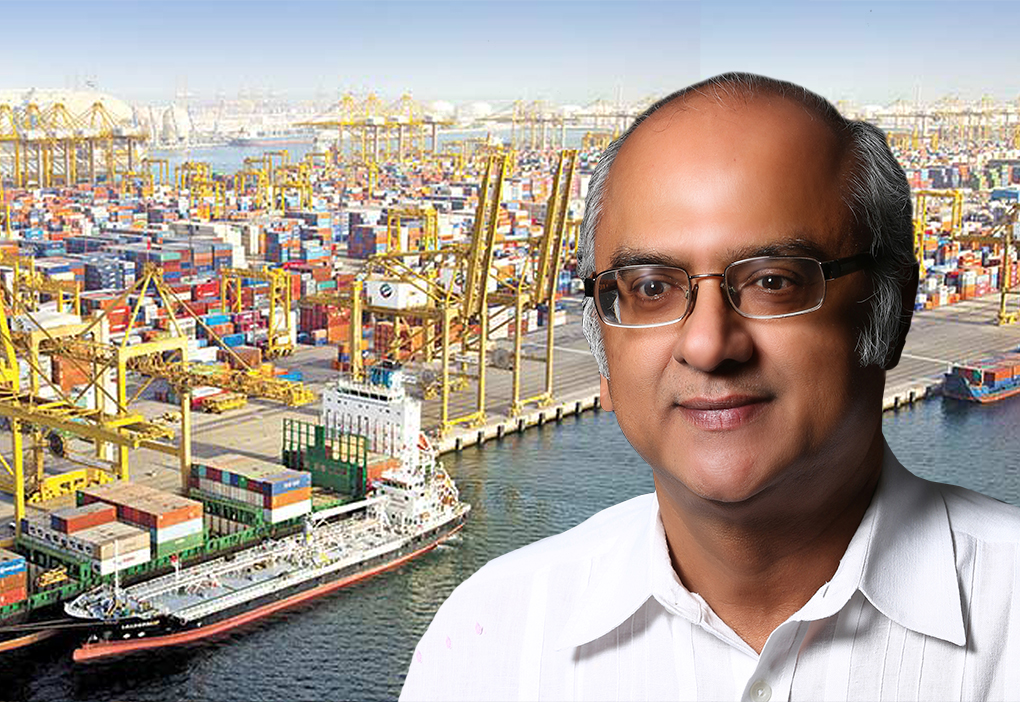Sourcing Quality Products in China at the Right Price
Sourcing Quality Products in China at the Right Price

I have visited more than 100 inkjet and toner factories over the past 22 years.
It has been a fun experience and has included visiting the same factory morning and afternoon, where all the staff changed uniforms.
There are many fantastic factories in China, but also many dreadful ones. It is difficult to judge a factory from afar. If it looks too good to be true, it probably is. Caveat Emptor (let the buyer beware).
True story 1
A UK customer purchased $100k of reman inkjets from me every month, I made a 10% margin and they paid on a credit account 30 days after delivery to them.
One day the customer said I needed to reduce prices by 20%, as they had found a brilliant alternative supplier. I said it was impossible for such a saving on a “like-for-like product!” To assess the supplier, they purchased $10k, then $30k and then $50k, each time paying up front. To keep freight costs down they placed a big $200k order and paid upfront. Eight weeks later the container arrived in the UK, the boxes were full of newspaper (not cartridges), and they called me to help. To cut a long story short, the factory had disappeared, leaving no details of the people other than John Chan and Michael Wong. The $200k was gone!
True story 2
I personally tested an order in China and paid immediately after inspection. I called our freight forwarder to collect, and at midday went to lunch with the factory owner. When I returned at 3pm the shipment had been collected. When the goods arrived in the UK, we completed the incoming QC. The top layer of inkjets in the boxes was good. Everything else was rubbish. The products had been switched while I was at lunch! The supplier begged forgiveness and promised never to cheat me again.
I have other similar as well as different personal experiences. Cheats are very inventive!
So how should you handle buying from China? What market position does your company want? And how do you ensure that all goes smoothly?
Here are some important questions that you should consider, and even ask:
- China factory pricing: For finished products or components, the difference between high and low prices for a given volume may be 30%. Why?
- What factors determine product quality?
- Component quality;
- Design and assembly process;
- Testing;
- Rework as needed.
- Copyright and patents:
- OEMs are increasingly aggressive with lawsuits;
- Factories say their products are “patent free” but how do we know it is true?
- Patents are complicated and OEMs are registering new patents all the time even for very old products;
- Indemnity Agreements are easy to write, but most are worthless. To defend even a simple patent lawsuit can cost $100k+. It will be you, not the factory that will be sued. What are you going to do if the factory does not honour its commitments? Do you know who you are dealing with, real names, etc? When I visit the police, they ask for the China ID cards of the culprits;
- Tier 1 factories may have 50-100 people in their IP department, small factories may have zero. It is inexpensive for a disreputable supplier to say (lie!) we do not infringe patents.
- After-sales service:
- OEMs are now frequently changing software so that product chips no longer work. How will they support customers who are stuck with finished product that no longer works?
- What warranty support will you get?
- How does the supplier handle batch problems?
- Change control: How do you know what the factory is sending you?
- For certain remanufactured HP inkjets, we specified the factory used pigment ink. The factory changed to dye ink without telling us, but we soon found out from our customers. The factory said they needed to reduce costs, so made the change and were unrepentant! That was the end of that relationship!
- Factories change design and components, because of patents, supply shortages, cost reduction or some other reasons. It is very unlikely they will tell you!
- Does the factory record the Bill of Materials for every product they manufacture?
Honesty and Integrity
How important and how much is this worth to you? If buying powdered milk for a child, you would not want the factory to use dangerous ingredients. Sadly, many China factories make unsafe products, but how important is this for inks and toners?
I visited a China factory making toners for a very famous brand. They said:
- We produce 200k toners per month;
- Their failure rate was much less than 1%
- They claimed to life-cycle test 2% of all toners off the line (4k per month = 200 per day).
I asked to see the printer test area and the print output from the QC testing. It proved to be all lies. I asked the brand owner, and they repeated the lies. Was it a lack of integrity or a lack of knowledge? Both are bad!
How to tell if what you are being told is true
I visited a factory that told me they produced inkjets for a very famous UK aftermarket company. The boxes were mine and they were supplying a competitor, who was passing the goods off my product! I complained to the China government who said they would impound the next shipment. Strangely, no more shipments were sent.
China Factories
I just want to know how to buy a good product at the right price. Is it so difficult? China factories can be classified into:
- Tier 1: <10 factories with long experience/excellent processes but the most expensive. These factories will be around for many years to come. The executives drive top-end cars, and they operate to high standards.
- Tier 2: <50 factories, do a decent job and may make products for tier 1, under close supervision. A few may go bankrupt each year.
- Tier 3 Hundreds of small factories. They may buy raw materials rejected by Tier 1. They have low overheads, low prices, and product inconsistency. The product quality is sometimes good, sometimes poor. Most tier 3 factories produce products for only a few models and trade with other tier 3 factories to create a wider range. With low MOQ (minimum order quantities), it’s easy to get started. Many will go bankrupt each year and/or restart under a different name. You only get what you pay for.
Summary
Is it possible to obtain the best quality, brilliant service, and the lowest price all at the same supplier?
As nice as this would be, it is simply NOT possible. You can have anything, but you cannot have everything. What does that mean in practice for you?
Every buyer needs to decide what factors are most important to them.
It is not for me to recommend individual factories, but Ninestar and Print-Rite are two giants still prospering after 20+ years. From these companies, you can expect to pay prices 10% higher than tier 2 and 20%-30% higher than tier 3. I only buy from tier 1 factories so I can sleep soundly. They will support me if things go wrong. Smaller factories may be “fair weather friends”, they may be very nice people, but do they have the money to support you in a crisis?
 Dennis Haines’ various business partnerships began over 20 years ago and he is still working together with them all today.
Dennis Haines’ various business partnerships began over 20 years ago and he is still working together with them all today.
As a business owner, he has worked in wholesale and directly with large clients. He has become a trusted advisor for small organisations across the world—skilled in negotiation, sales, retail, strategy, sales and operations. Three times led companies into The Sunday Times, Virgin Atlantic Fast Track 100.
He is a strong entrepreneurial professional with a Bachelor’s degree (Maths with Statistics) from the University of Nottingham. Wide variety of International experience, lived in seven countries, dealt in China for thirty years. He has always been brutally honest about the strengths and weaknesses of his businesses and his nickname became “Honest Den.” And it stuck.
Haines invites you to chat with him about your business, by reaching out to him on LinkedIn or email. Especially on this topic: “Sourcing Quality Products in China at the Right Price.”
Related:
Comment:
Please add your comment below about this article, “Sourcing Quality Products in China at the Right Price.”





Hello Dennis
Thank you for sharing this article.
Very word you have wrote about trading with Chinese manufacturers is absolutely correct.
As Plastic Injection Moulder based near London UK I have heard so many times similar stories from prospective clients about our pricing of plastic manufacturing services , You prices are 40-50% more than Chinese prices and so on.
But when i ran through compared solution UK verses Chinese pricing with them that makes them realize how much they can save and have peace of mind using our services.
Chinese pricing is cheaper for some products but not all compared to UK plus the advantages of having the following when buying from UK.
Cashflow (MOQ) are much less
Shipping
Duties
Delivery (Normally few days)
Storage Costs
Back up service ( A phone call away and problems are addressed within day or two)
Plus many other advantages.
China is not always the cheaper option give the UK supplier a chance.
Kind Regards
Aslam